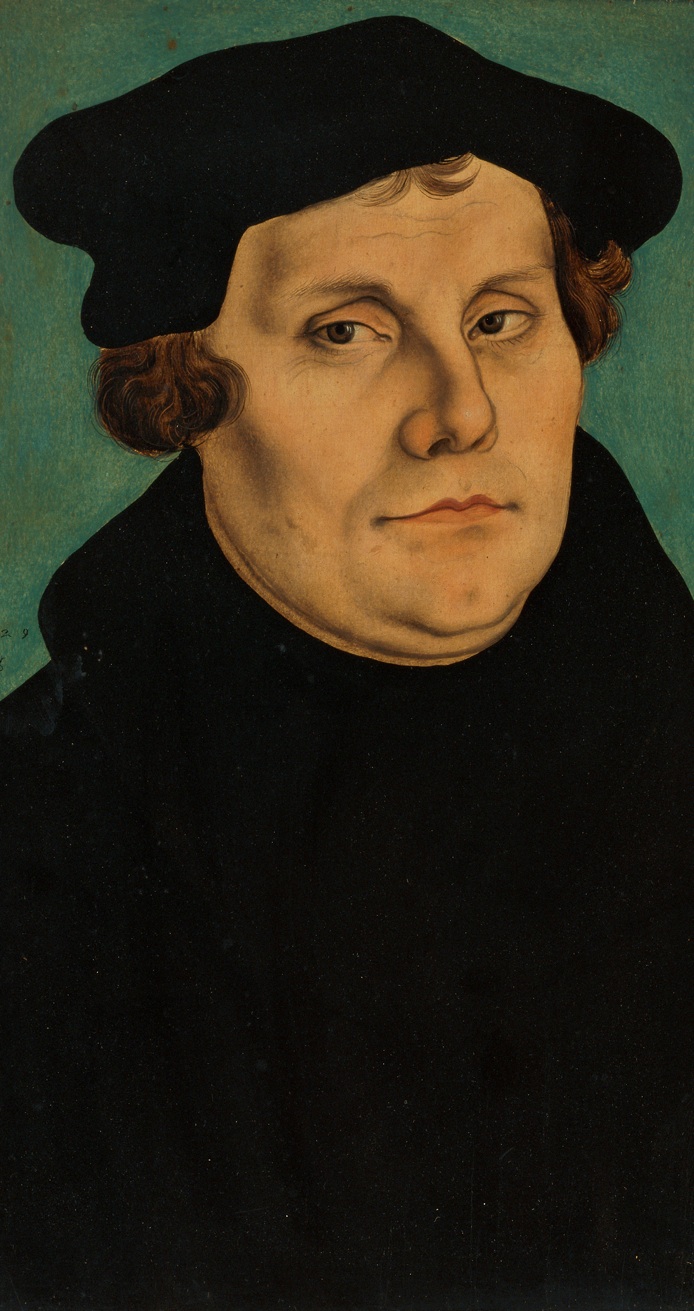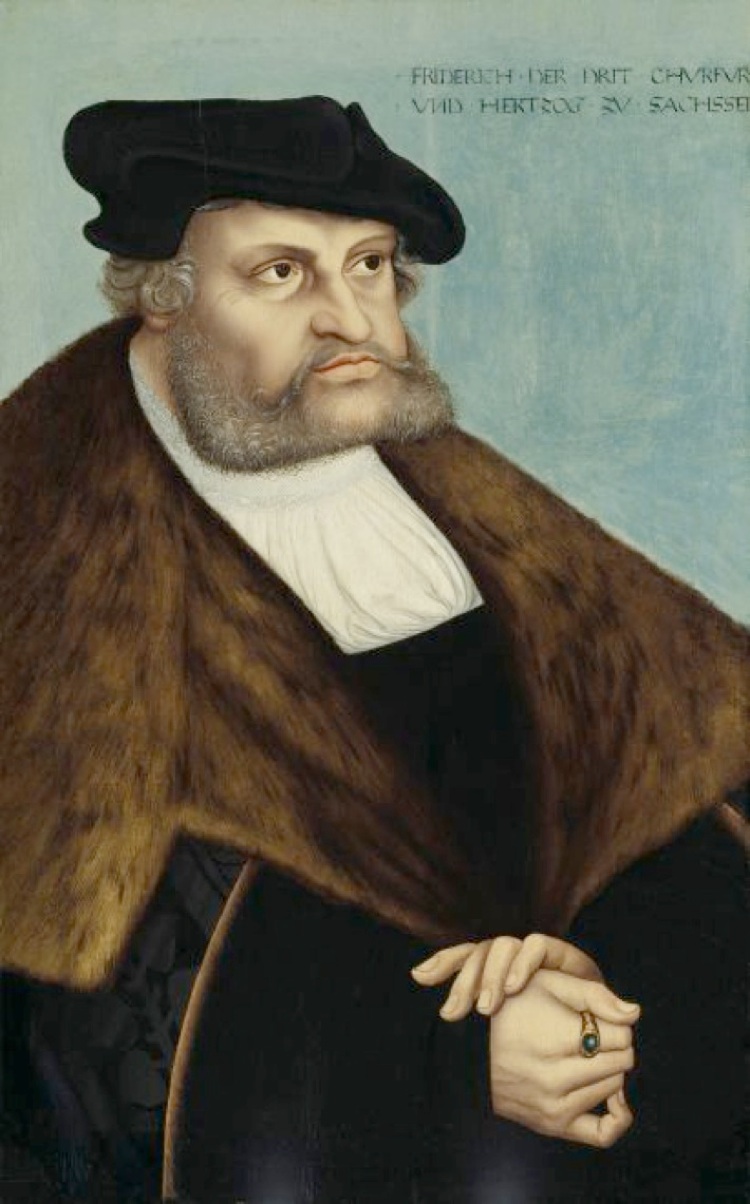Frederick III, byname Frederick the Wise, German Friedrich der Weise (born Jan. 17, 1463, Torgau, Saxony—died May 5, 1525, Lochau, near Torgau), elector of Saxony who worked for constitutional reform of the Holy Roman Empire and protected Martin Luther after Luther was placed under the imperial ban in 1521.
Succeeding his father, the elector Ernest, in 1486, Frederick allied himself with Berthold, archbishop of Henneberg, to promote imperial reforms that would increase the power of the nobles at the expense of the Holy Roman emperor. In 1500 he became president of the Reichsregiment (Imperial Governing Council), which, however, because of lack of funds was soon disbanded. He was instrumental in securing the election of the emperor Charles V in 1519 after refusing the crown himself.
Frederick appointed Luther and his colleague Philipp Melanchthon to the University of Wittenberg and refused to carry out a papal bull against Luther in 1520. After the ban was imposed on Luther the next year, Frederick welcomed him to the Wartburg, where Luther translated the Bible into German.
A patron of the artists Albrecht Dürer and Lucas Cranach the Elder and a friend of the Humanist Georg Spalatin, Frederick also collected a large number of religious relics and founded the University of Wittenberg in 1502. Never having married, he died without legitimate heirs.




